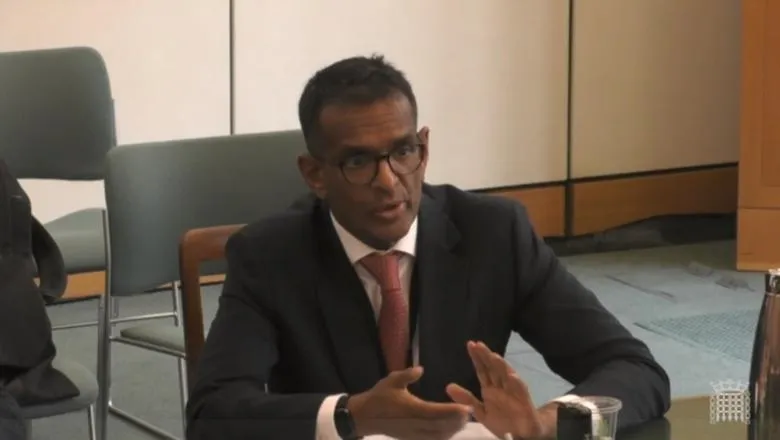17 March 2020
Case for extension to Brexit transition 'getting stronger'
The case for extending the Brexit transition period to allow for the UK and EU to get to grips with the coronavirus pandemic has become “much stronger”, according to a leading academic.

Professor Anand Menon said businesses both in the European Union and UK would need time to adapt to the shock of current and future virus-related restrictions before beginning the process of adapting to any trade agreement made between the two parties in current negotiations.
Prof Menon, who specialises in European politics and foreign affairs at King’s College London, appeared before MPs on the Future Relationship with the EU Committee on 17 March, along with Stephen Booth, head of the Britain in the World Project (part of the Policy Exchange think tank), and Christophe Bondy, from Steptoe and Johnson LLP.
Prof Menon said: “[The pandemic] makes it harder to get things agreed. There is an argument that it makes it harder to carry out this sort of negotiation by Skype than it is in person. It makes an already compressed timetable still more compressed.
“More important than that is that it makes the task of business adaptation, which was already going to be difficult, [more difficult]. For those who are in favour of Brexit for economic reasons, the reason being that you can adapt your economy to make it more efficient, to make it better. Adding that sort of adaptation to the kind of forced adaptation that covid-19 is causing is massively disruptive.
“The addition of this pandemic means that the case for extension to the transition becomes much stronger, even to allow the economies to adapt and put the requisite measures in place.”
Prof Menon also answered questions from MPs about fishing and access to UK water, an area in which he said an agreement could be reached in which controlled access could be granted to EU fisherman, as well as Northern Ireland, the idea of a level playing field, impact assessments, and the role of the European Court of Justice.
The Brexit transition period is due to end on December 31.
On the broad areas of disagreement between the UK and EU, Prof Menon, a member of the Department of European and International Studies at King’s, said there were several areas that would form key areas of negotiation between the parties.
He said: “There are broad areas of agreement around the mobility of people and the movement of goods, there are areas where the two sides are relatively close to each other, but the big problems are going to be fisheries and, of course, level playing field, in particular state aid where the role of the European Court of Justice is being insisted on front and centre by the European Union.”
You can watch the full committee hearing here: https://parliamentlive.tv/Event/Index/13037a43-6df7-45c5-96d7-fdecdbcf03fa

